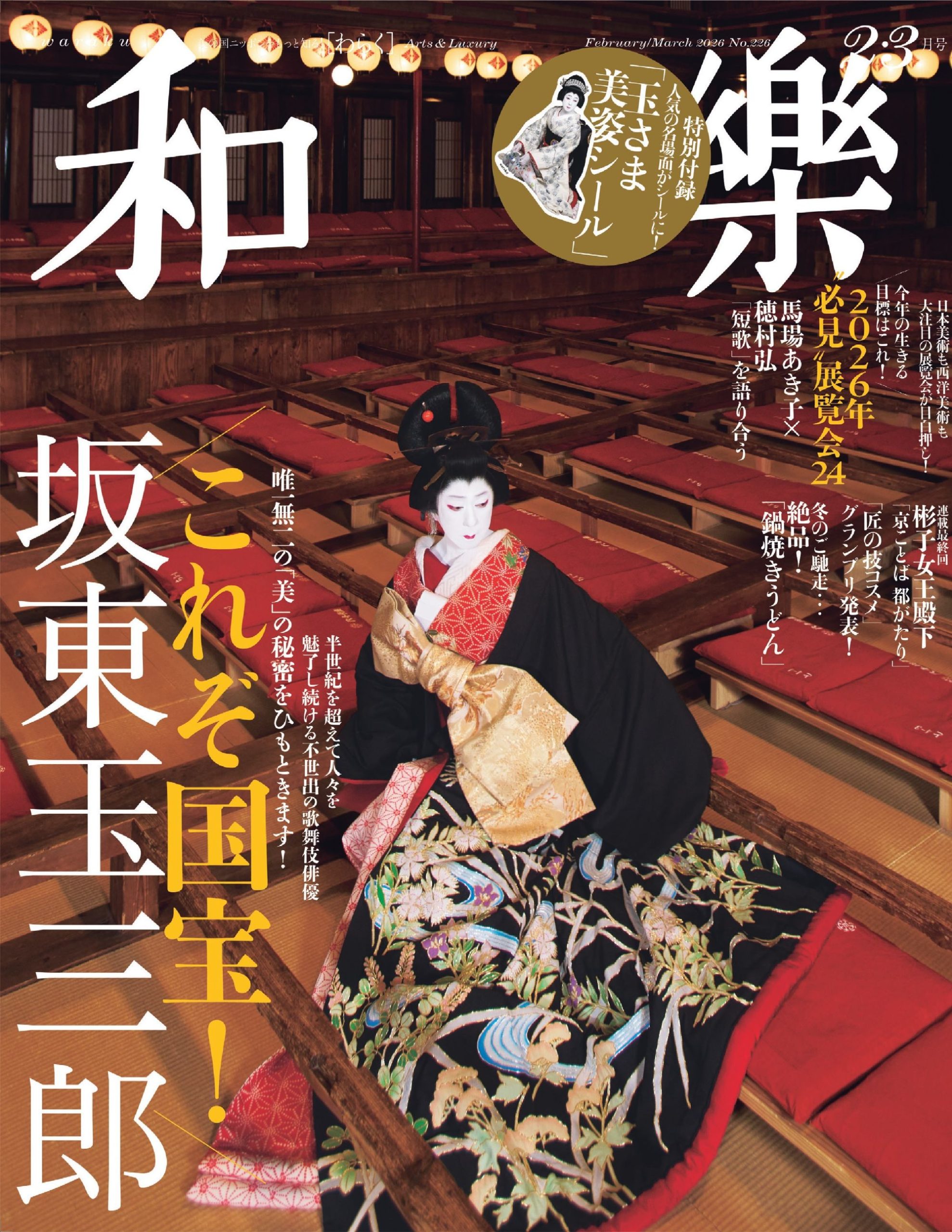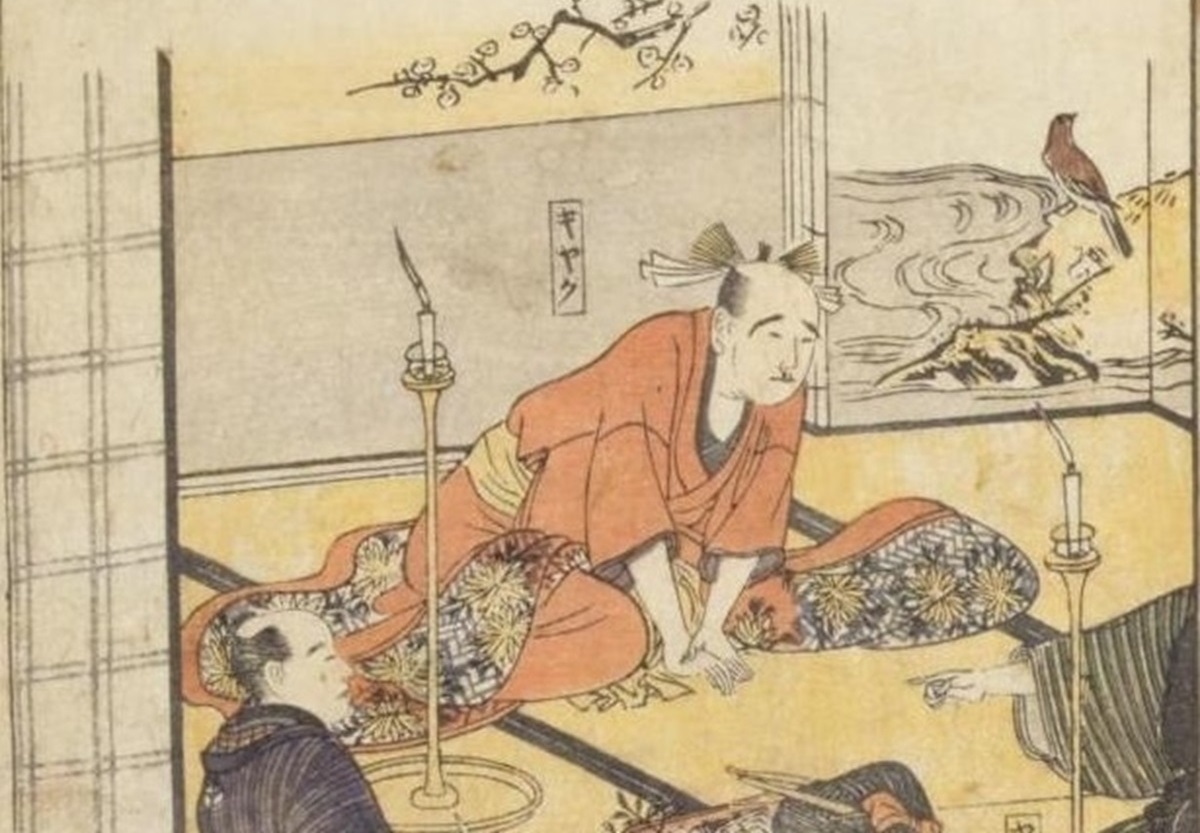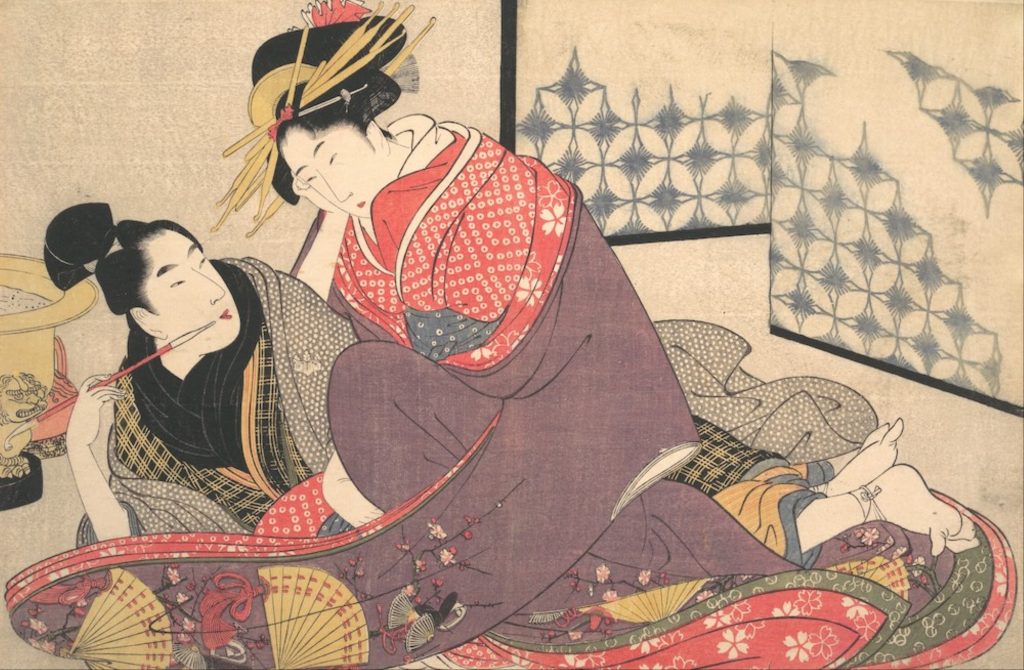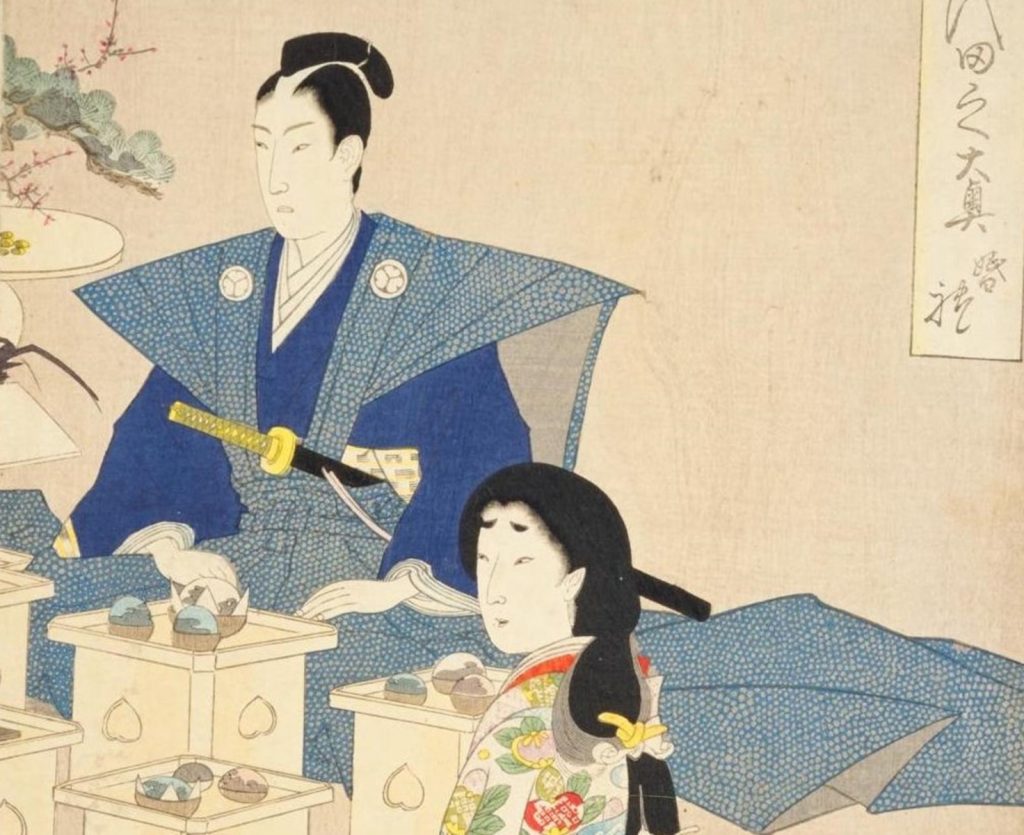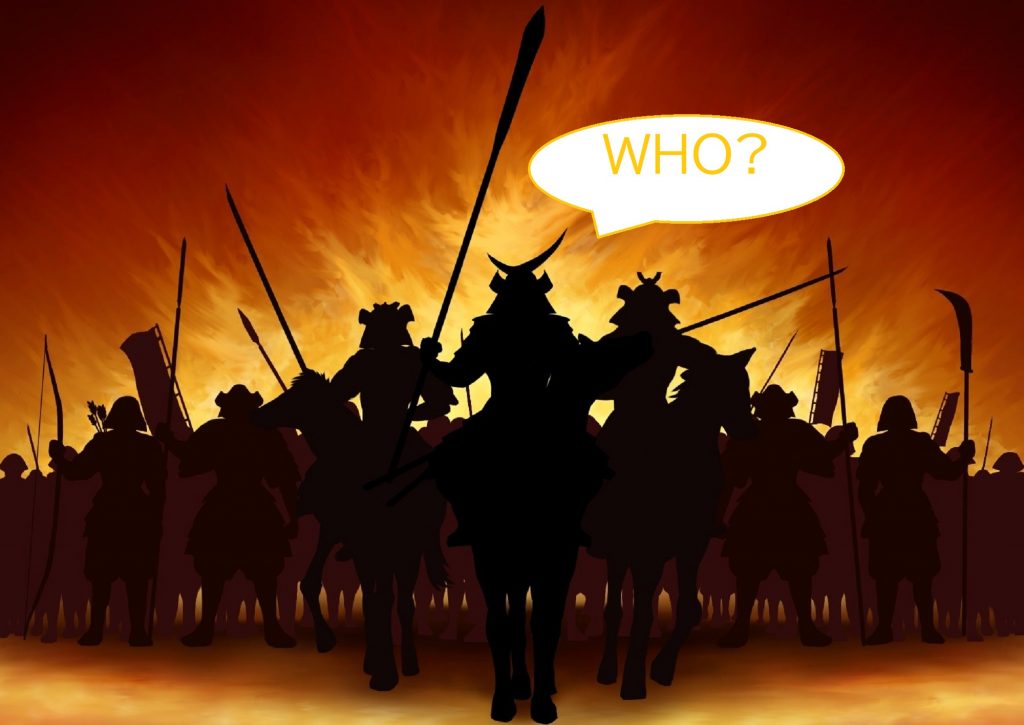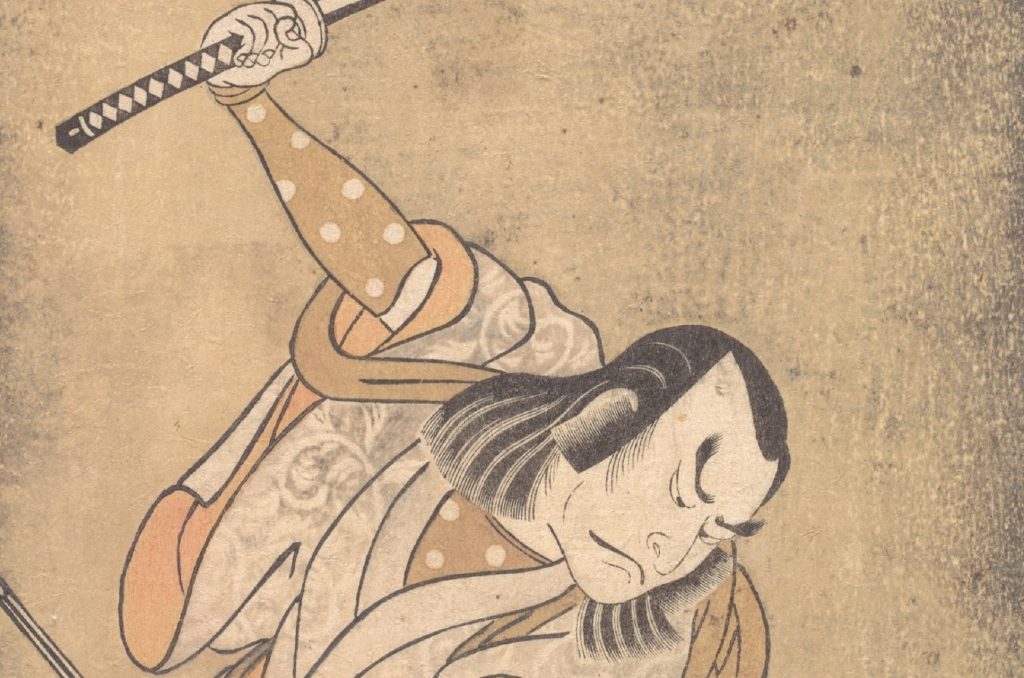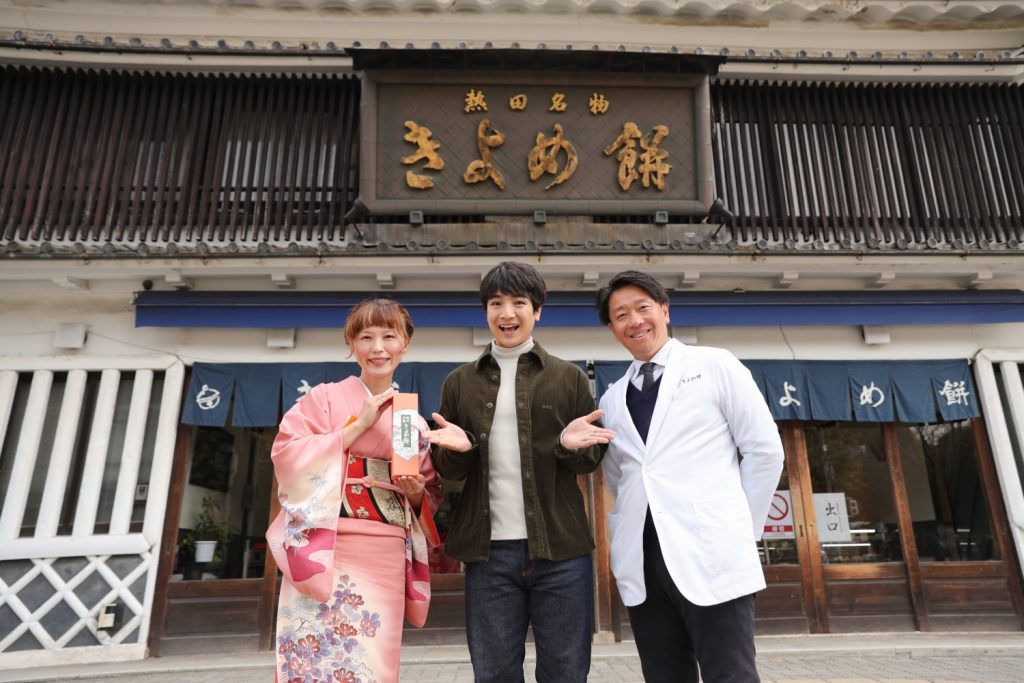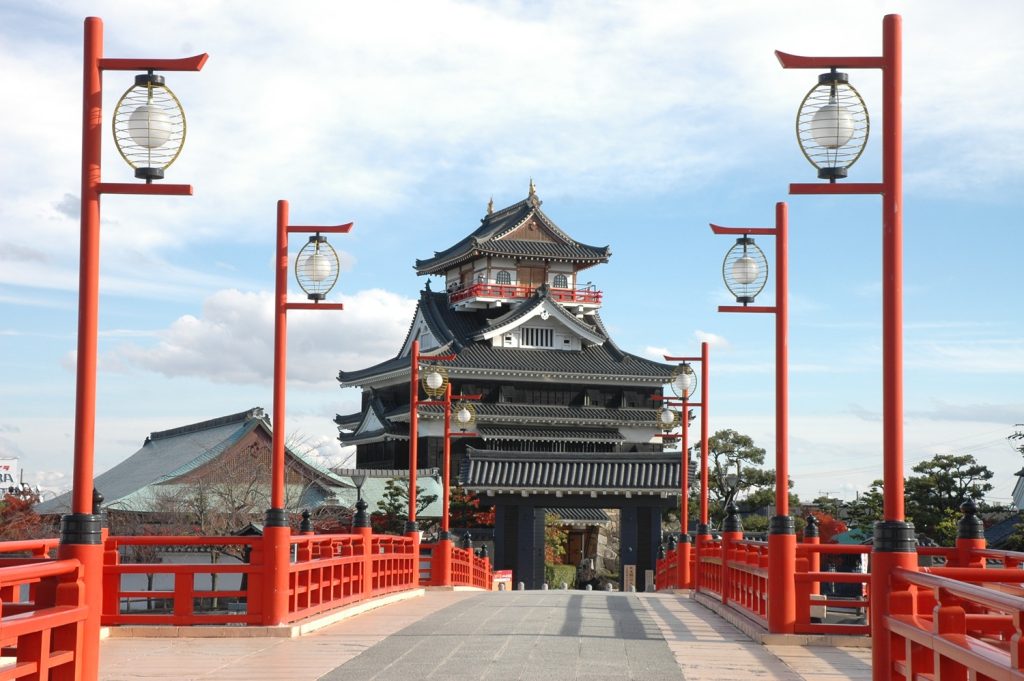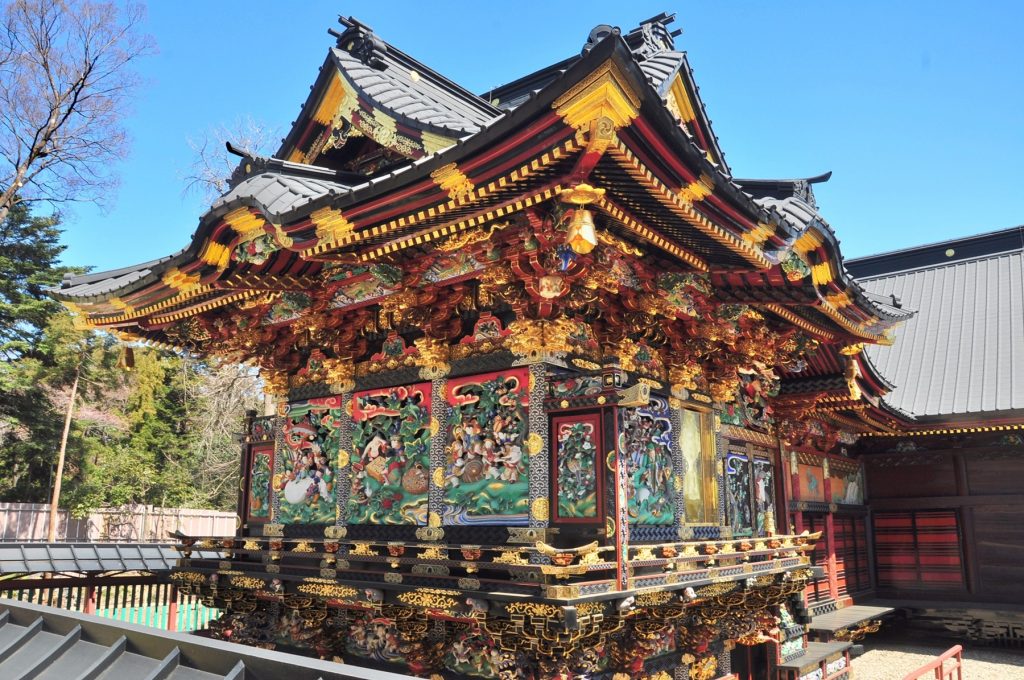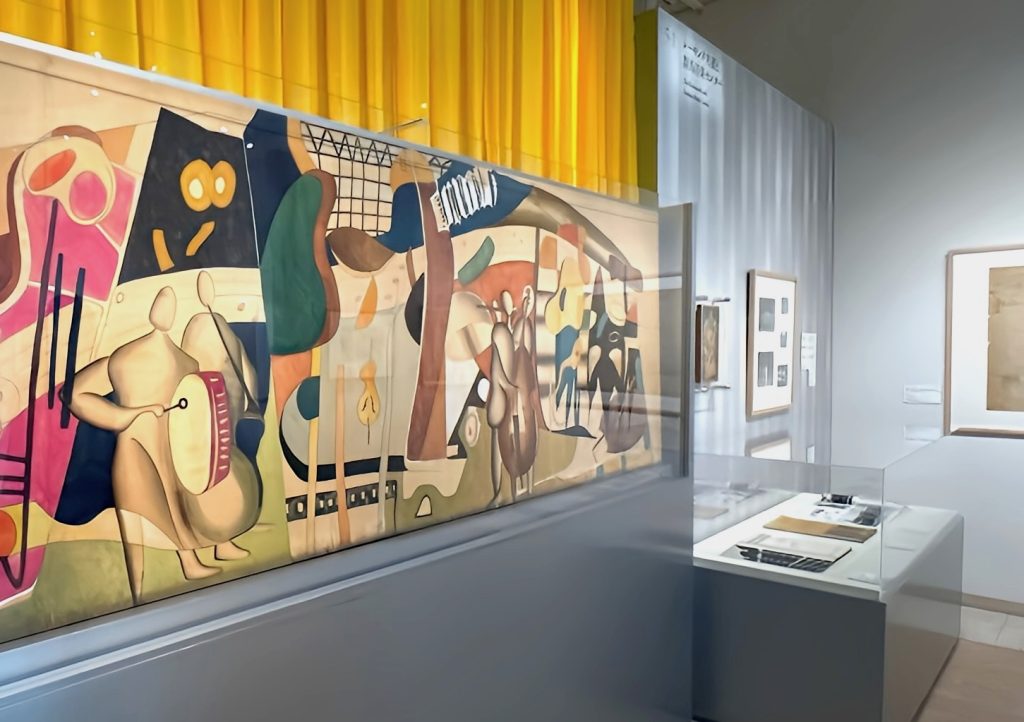Yoshiwara (吉原), a yukaku (遊郭: What was Yukaku? What was the place Yoshiwara for? All you need to know about Yukaku in 3 minutes ) officially recognised by the shogunate, was born in the Edo period. At that time, every man dreamed of going to Yoshiwara at least once. However, where there is light, there is shadow. For those who broke the the Yukaku’s own specific rules, merciless private punishment awaited them. The most hated of all was changing one’s mind from one familiar prostitute to another, and ‘unfaithfulness’ was outlawed.
What kind of punishment is that?
Even if, as a guest, he thinks he has gone to another yujo (遊女) in secret, he will soon be found out because of the bond between the yujo. After a dazzling night with the yujo with whom he has had an affair, he is about to return home in high spirits, when he is ‘ambushed’ at the Daimon by a mob of men ranging from shinzo (新造)*1 to kamuro (禿)*2 and taken to a giro (妓楼; brothel).
The punishment from the betrayed yujo is public execution in front of a large crowd. Captured guests are humiliated by being stripped naked and forced to wear women’s kimonos. In addition, their faces are inked and their topknots are cut. In Yoshiwara, the yujo’s were put first. Even though it was a place of pseudo-romance, unfaithful men were subjected to such sanctions because they disrupted the order of the brothel.
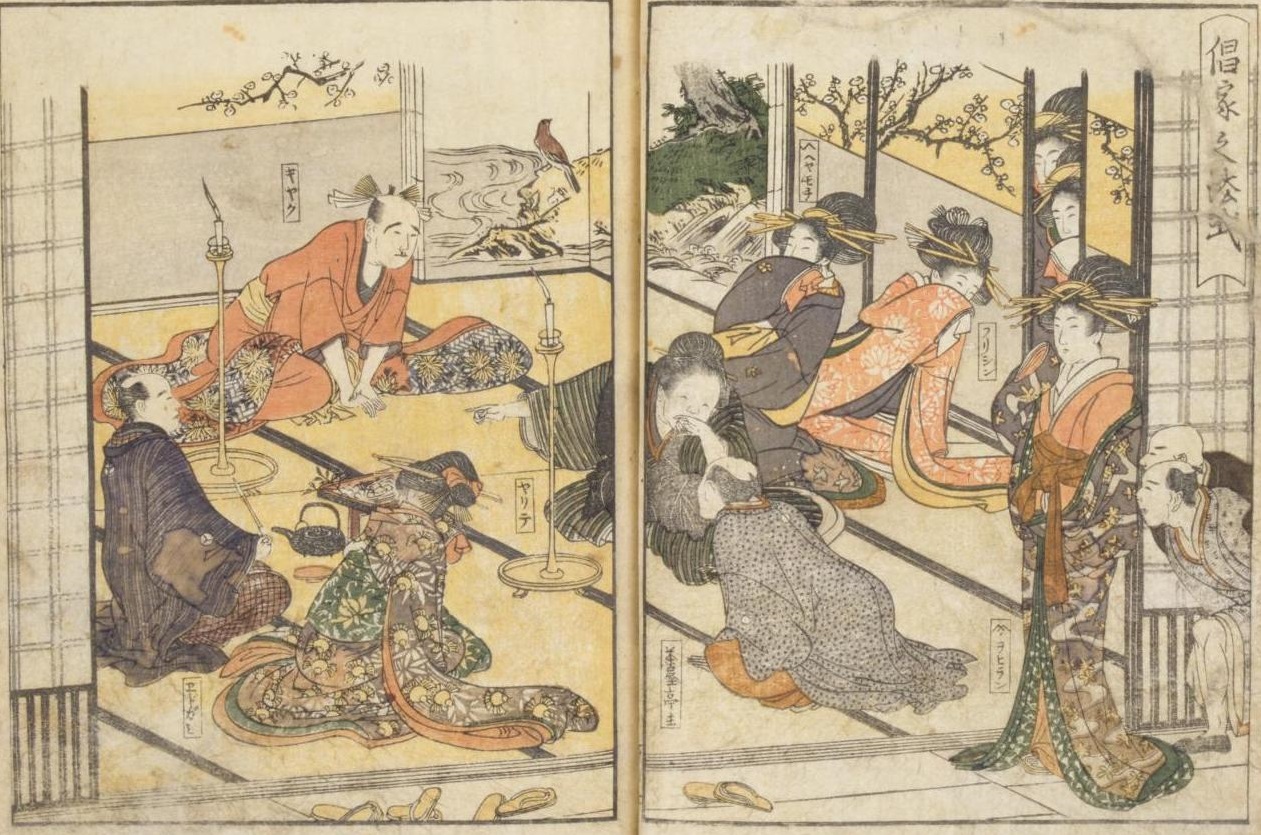
People around them are laughing and watching, like its a comedy. The yujo who was cheated on is angry.
*2: Girls under 10 years of age who live in the yukaku. They take care of the yujo.
And what is the other taboo?
Another of the two major taboos of the Yoshiwara was not paying. This was dealt with more severely than in the case of cheating. Unpaid customers were locked in an upside-down tub, with stones placed on top to prevent them from getting out. Only their faces were visible, which is why they were placed outdoors and exposed. This private punishment was called ‘okebuse (桶伏せ)’. This sanction seems to have been carried out only in the early years, perhaps because it was indeed too harsh.
Eyecatch: Seiroesho Nenchugyoji (青楼絵抄年中行事), Jippensha Ikku (十返舎一九), from the National Diet Library Digital Library
This article is translated from https://intojapanwaraku.com/rock/culture-rock/234380/




